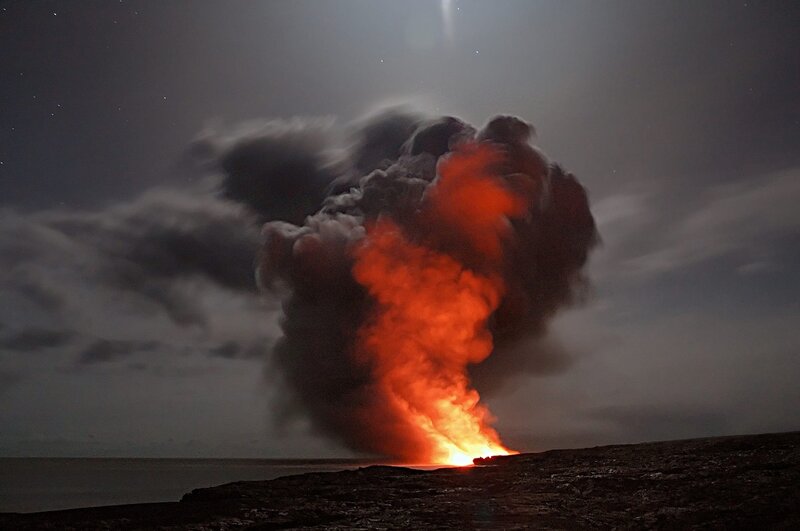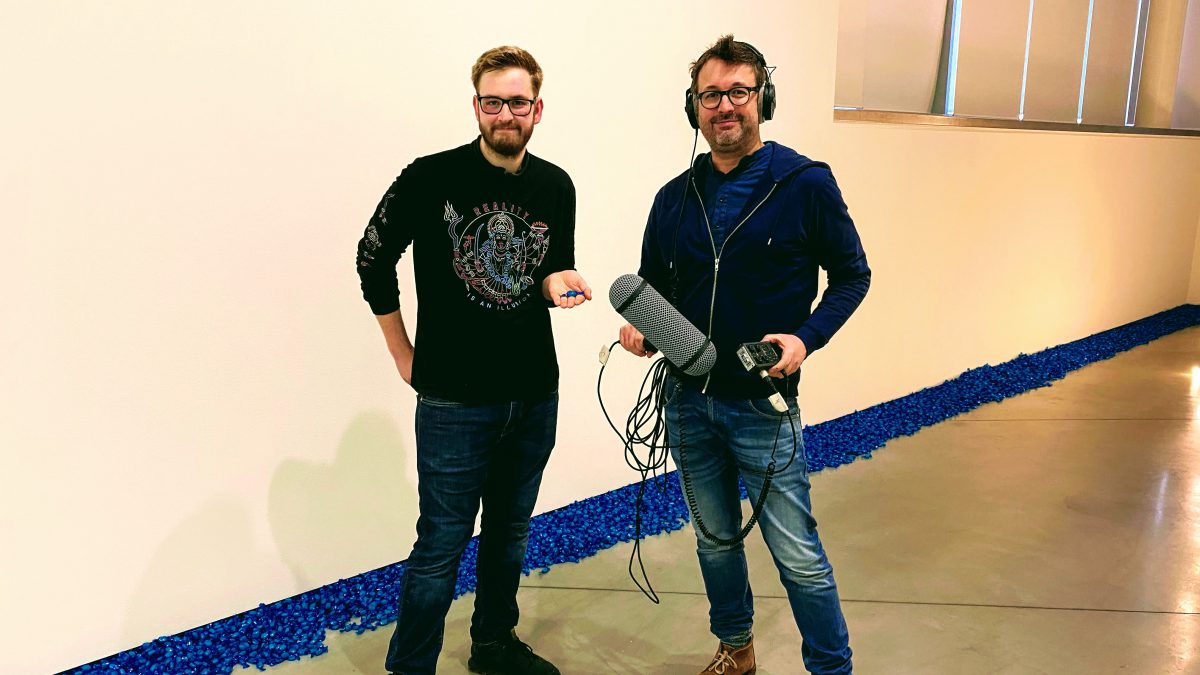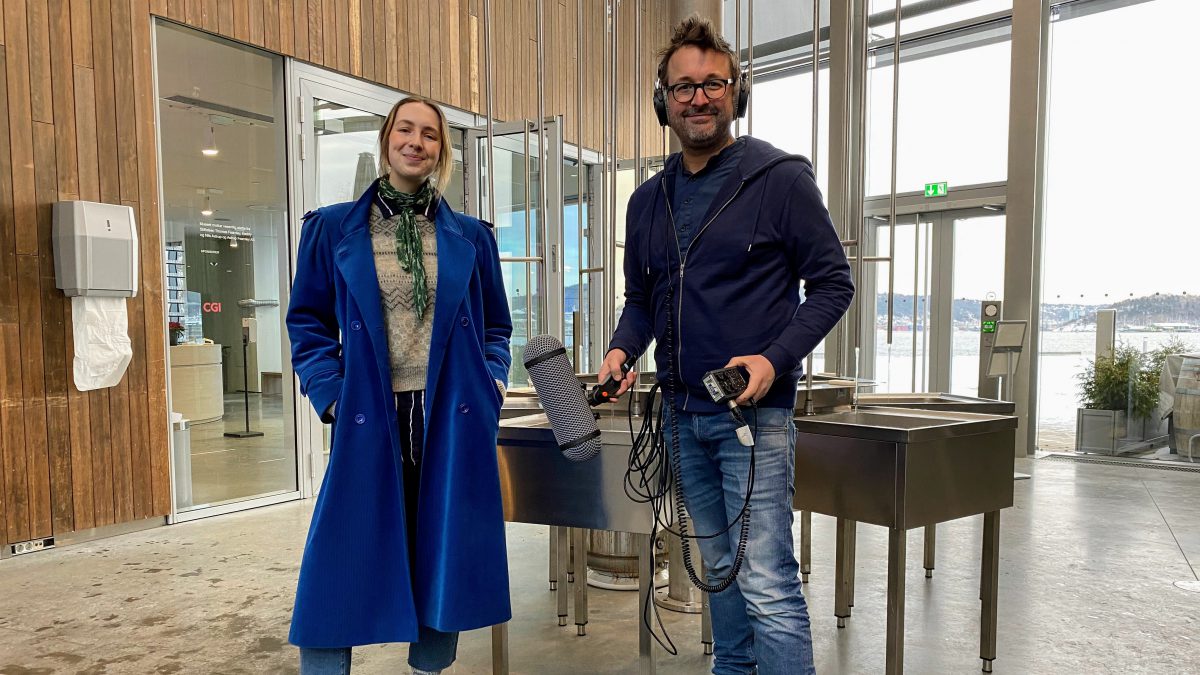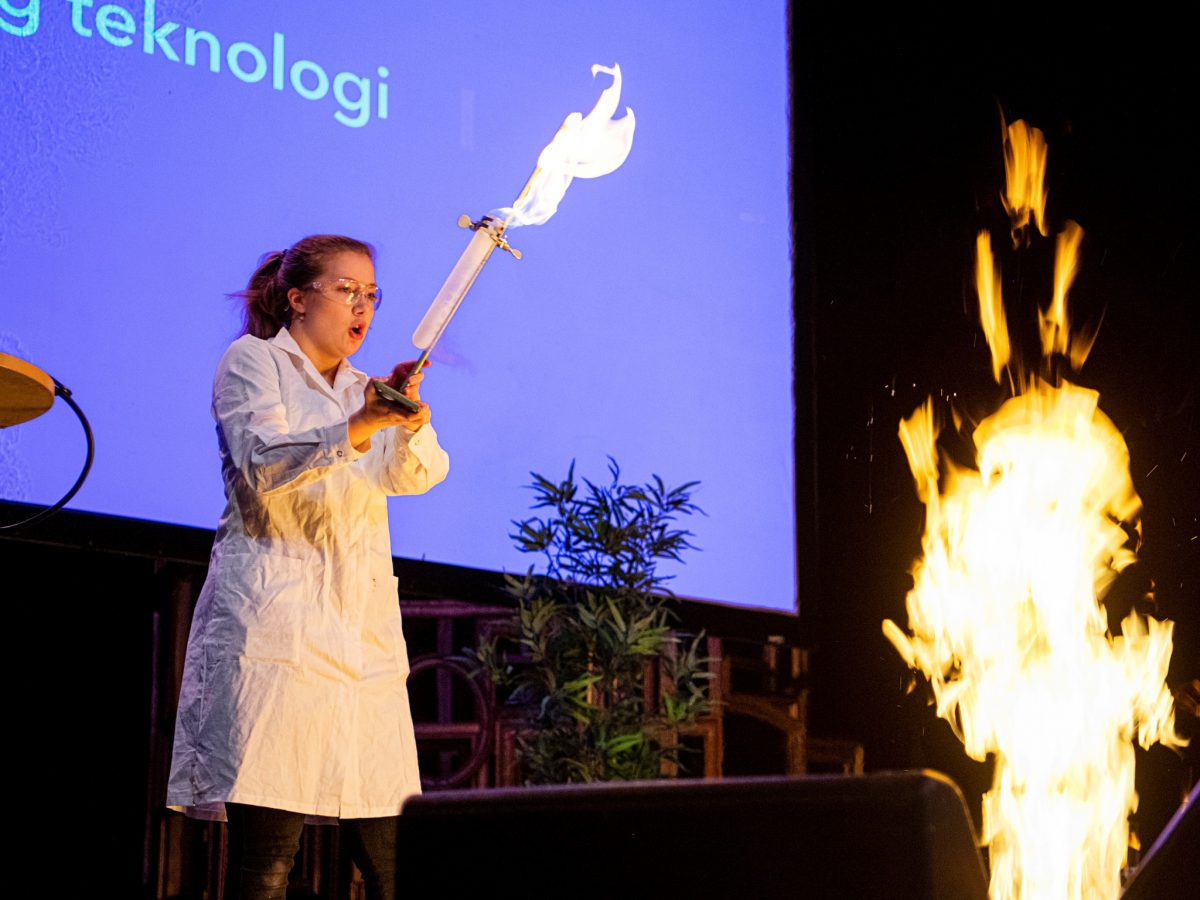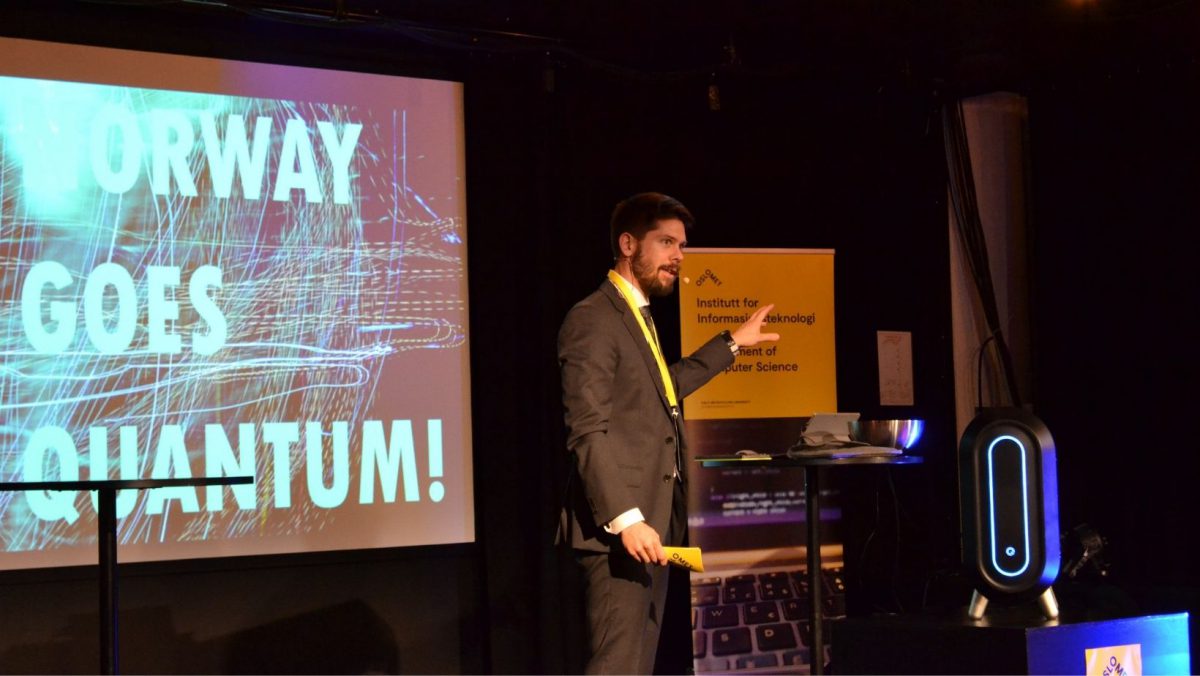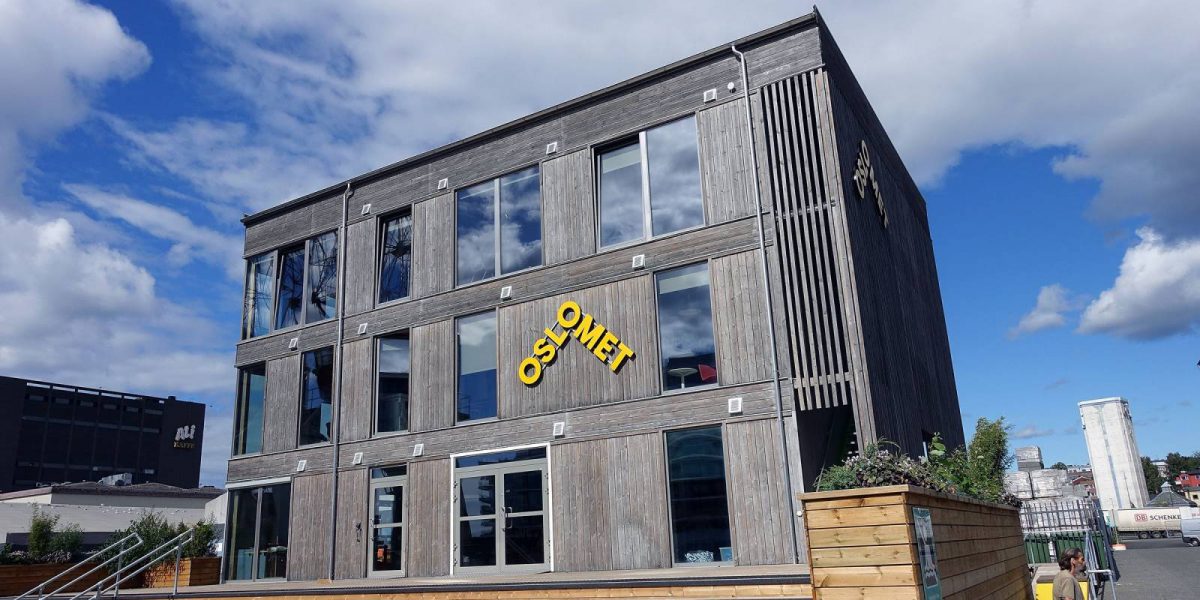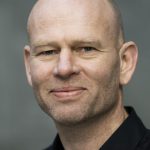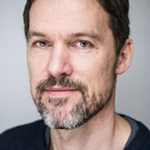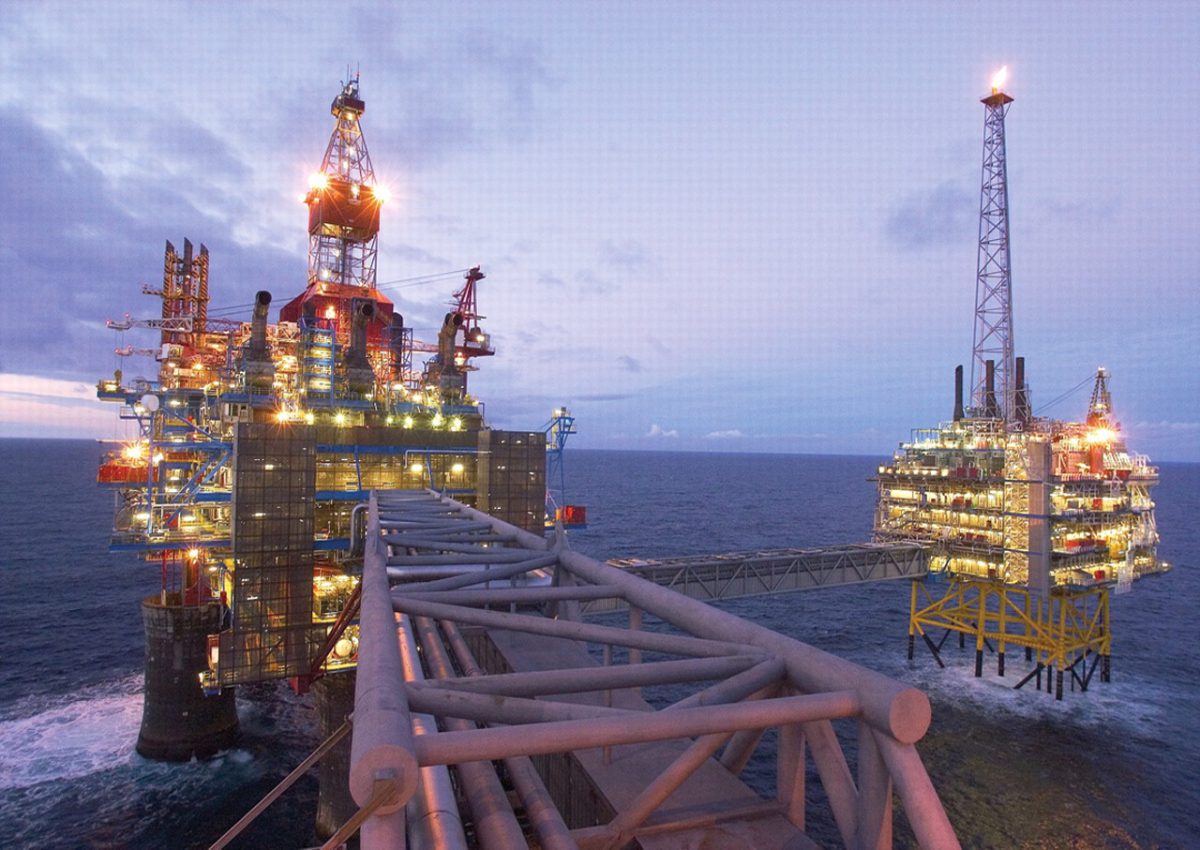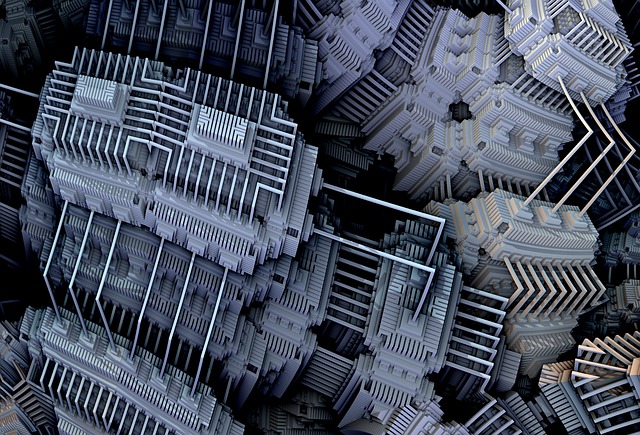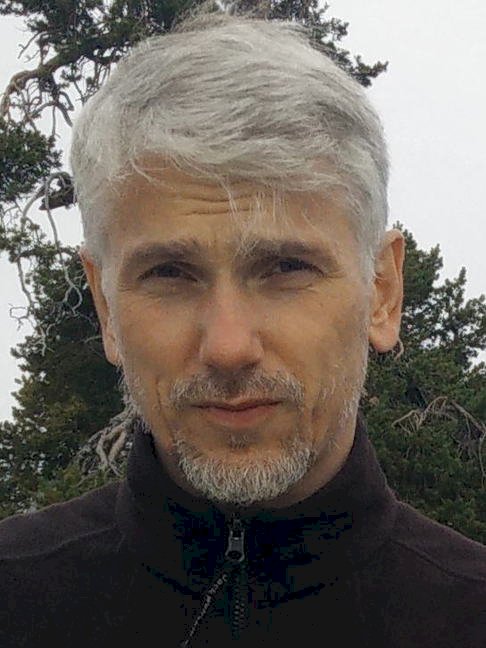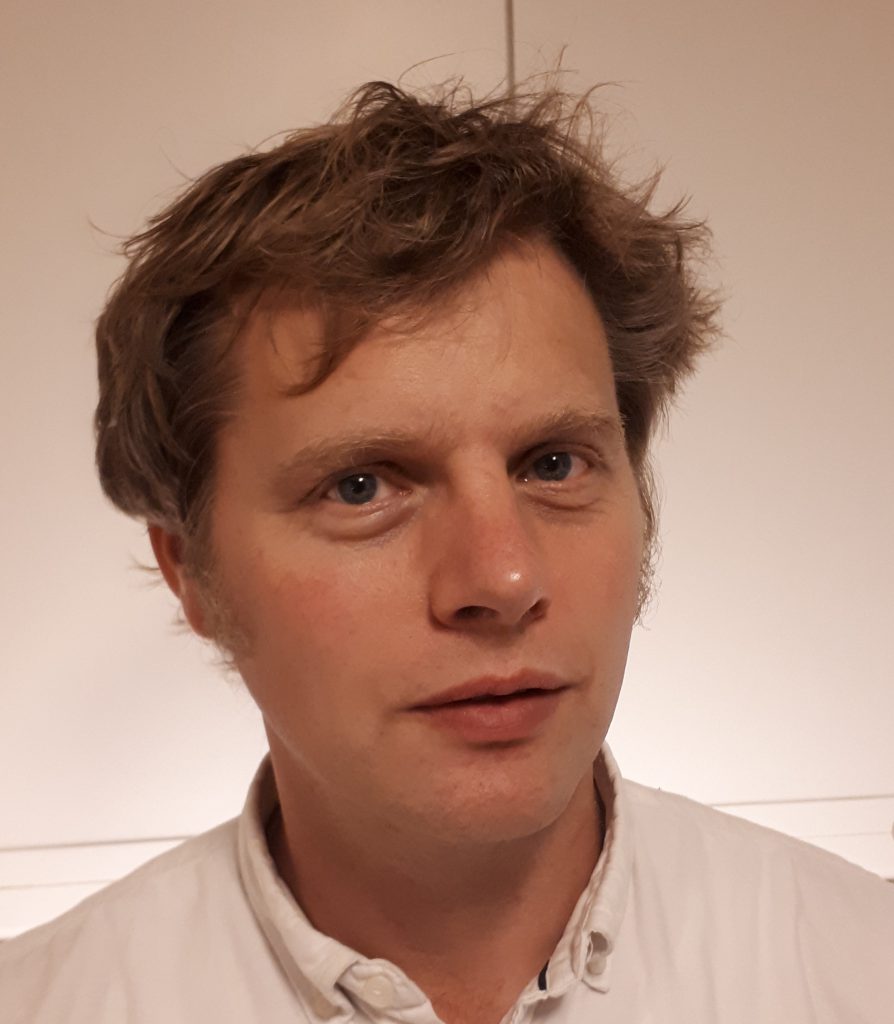What happens when volcanoes erupt?
Podcast: Embed
Returning to the podcast is Associate Professor and head of the Mathematical Modeling academic group, André Brodtkorb. Occasional podcast host Carla Hughes welcomed André back to the pod to talk about his exciting work on ash detection and eruption altitudes of volcanoes. In this episode, Carla and André discuss the recent Hunga Tonga–Hunga Ha’apai eruption and tsunami as well as André’s personal experiences during the Eyjafjallajökull 2010 eruption.
To learn more about André’s work, you can visit his website.
You can read a pre-print of a paper André co-authored with Håvard Heitlo Holm on this subject: Real-World Oceanographic Simulations on the GPU
using a Two-Dimensional Finite-Volume Scheme.
Further reading
Source code: https://github.com/babrodtk/VolcanicAshInversion
Mathematical modeling webpage: https://uni.oslomet.no/matmod/
